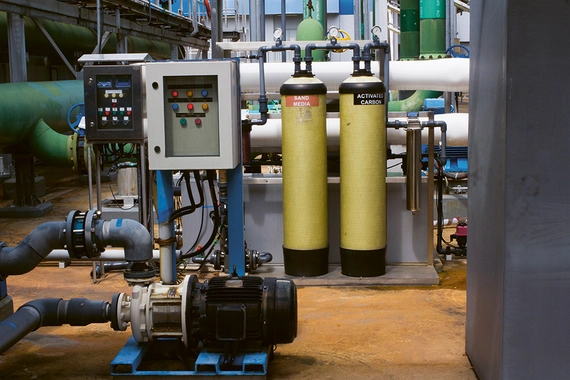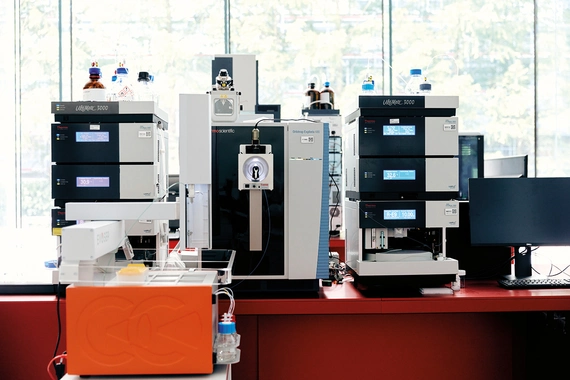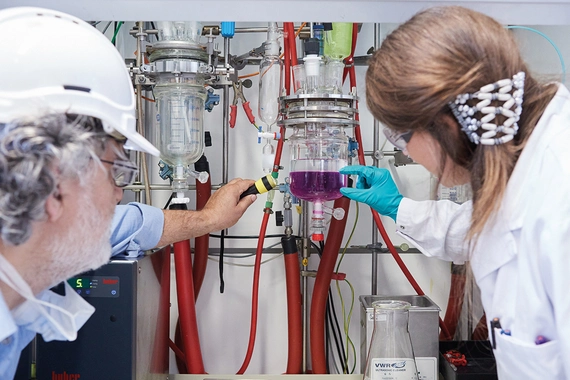
Health and water are closely interconnected. For Novartis, responsible water management means using water efficiently and safely throughout the lifecycle of our products, including in our supply chain, and avoiding potential risks related to pharmaceuticals reaching the natural environment. We aim to be a water steward wherever we operate, working to achieve water sustainability and helping ensure sufficient and safe water.
We endorse the CEO Water Mandate and are committed to advancing water stewardship.


